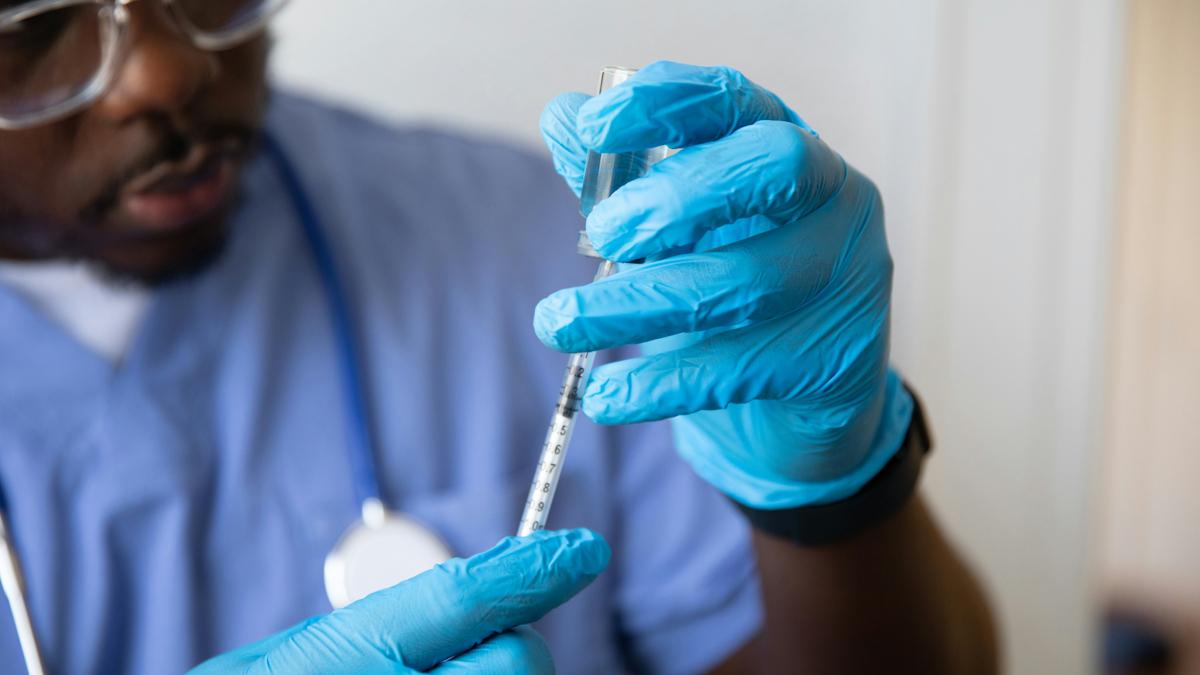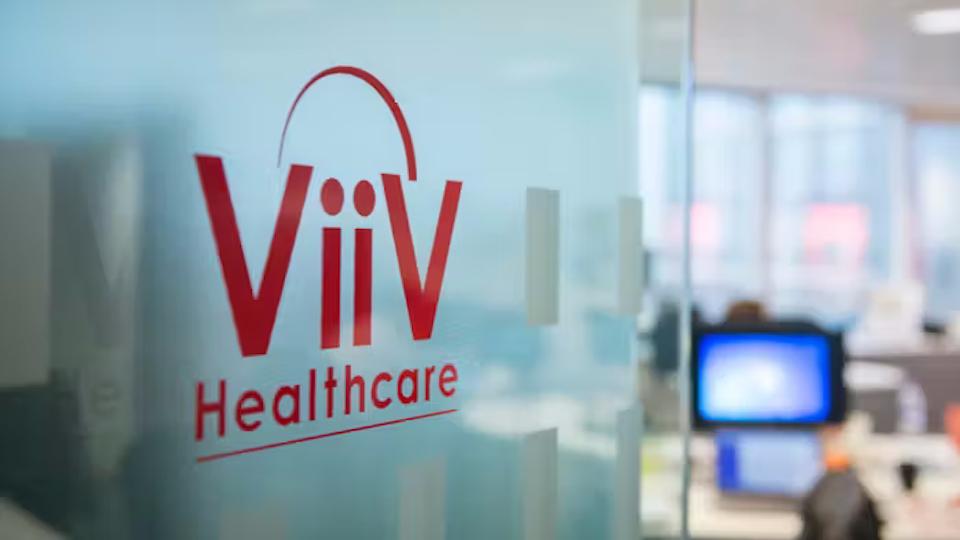Gilead's twice-yearly HIV PrEP set for wider rollout

The World Health Organization (WHO) has included Gilead Sciences' twice-yearly formulation of lenacapavir for pre-exposure prophylaxis (PrEP) in its HIV prevention guidelines, paving the way for it to be used in countries around the world.
The decision, which comes shortly after the formulation was approved as Yeztugo by the US FDA, is a "landmark policy action that could help reshape the global HIV response," according to the WHO, which made the announcement at the International AIDS Society Conference (IAS 2025) in Rwanda.
PrEP is generally offered to people who are HIV-negative, but at risk of contracting the virus; for example, through their employment, engagement in high-risk behaviours, and/or sexual contact with HIV-positive partners.
Providing two six-monthly injections should be less demanding on health resources than the current daily oral PrEP formulations and shorter-acting injectables like ViiV Healthcare's Apretude (cabotegravir) – which needs to be dosed every two months – and help to reduce the risk of missed doses that could lead to breakthrough infections.
There have been widespread hopes that twice-yearly lenacapavir could become a key tool in fighting the HIV epidemic, although, recent proposals by the Trump administration to slash funding for HIV prevention programmes and the dismantling of USAID have raised fears that its potential could be undermined.
Last week, Gilead said it had signed a partnership with the Global Fund to Fight AIDS, Tuberculosis, and Malaria (Global Fund) to supply enough doses of lenacapavir to two million people over three years – on a non-profit basis – to low- and lower-middle-income countries (LLMICs).
That agreement is designed to last "until licensed generic versions are available and can fully meet demand in LLMICs," said Gilead.
Médecins Sans Frontières (MSF) has welcomed the WHO's decision on lenacapavir, but warned that measures must be in place to ensure access in the long-term, especially as global health funding has been cut by the US and other donors. It also said that the two million people covered by Gilead's agreement represents only a fraction of the UNAIDS target – already missed – of making PrEP available to 21 million people this year.
According to the WHO, 1.3 million people acquired HIV in 2024, the same number as in the previous year, highlighting the continued need for new PrEP options.
"Gilead is paying lip service to equity and access while imposing restrictions on potential generic producers that will minimise scale-up of this game-changing drug while protecting and maximising its profits," claimed Dr Tom Ellman, director of the MSF's Southern Africa Medical Unit.
"We call on the US pharmaceutical corporation to remove its licensing roadblocks to ensure that the drug reaches its full potential impact in reversing the HIV epidemic."
Gilead maintains that its voluntary licensing agreements for lenacapavir, which were finalised well ahead of the drug's approval, will enable countries covered by the deals "to quickly introduce generic versions of lenacapavir for PrEP."
The company is also planning to start a phase 3 study of once-yearly lenacapavir for HIV prevention in the second half of this year.
Other PrEP developments
Also this week, MSD said it has started phase 3 testing of a PrEP medicine that could be administered once a month in pill form, in collaboration with the Gates Foundation. It will run two late-stage trials of the MK-8527 candidate – EXPrESSIVE-10 and EXPrESSIVE-11 – that are due to start enrolling patients in next few months.
ViiV, meanwhile, said it has extended a voluntary licensing agreement with the Medicines Patent Pool to allow access of authorised generics of Apretude in 133 countries worldwide, including "all least-developed, low-income, lower middle-income, and Sub-Saharan African countries."












